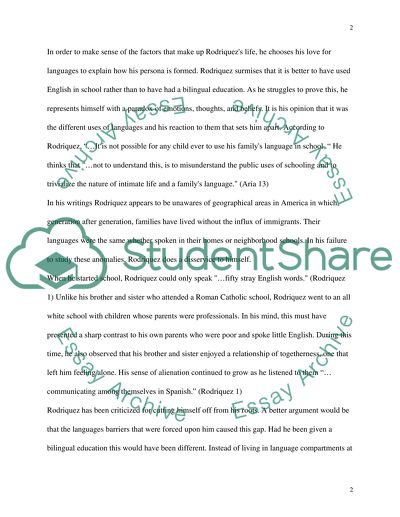Cite this document
(“Bilingual Education Essay Example | Topics and Well Written Essays - 2500 words”, n.d.)
Retrieved from https://studentshare.org/education/1527675-bilingual-education
Retrieved from https://studentshare.org/education/1527675-bilingual-education
(Bilingual Education Essay Example | Topics and Well Written Essays - 2500 Words)
https://studentshare.org/education/1527675-bilingual-education.
https://studentshare.org/education/1527675-bilingual-education.
“Bilingual Education Essay Example | Topics and Well Written Essays - 2500 Words”, n.d. https://studentshare.org/education/1527675-bilingual-education.


